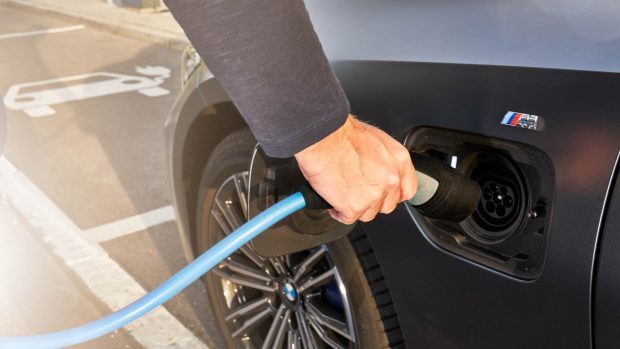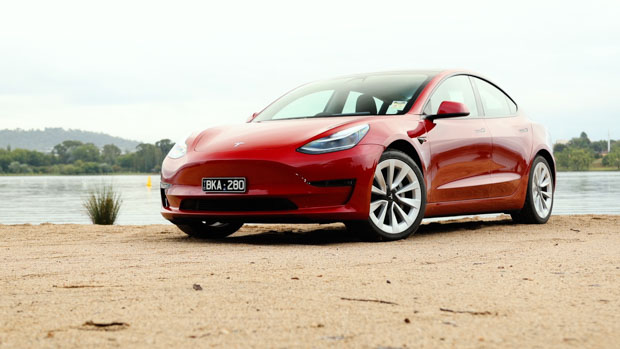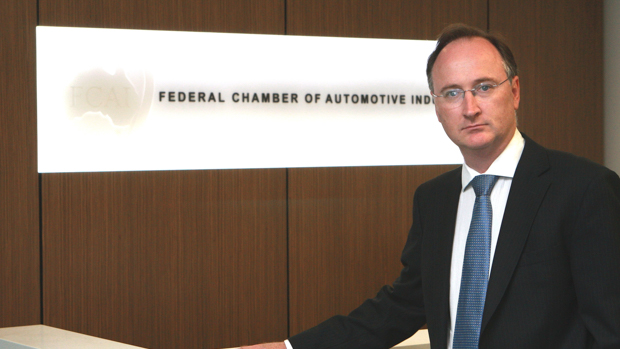-
Car Reviews
- All reviews
- Midsize SUVs
- Small cars
- Utes
- Small SUVs
- Large SUVs
- Large cars
- Sports SUVs
- Sports cars
- Vans
Latest reviews
- Car News
-
Car Comparisons
Latest comparisons
- Chasing Deals
After heated backlash from industry pundits, the SA government has followed other states and expert advice to encourage the adoption of electric vehicles.
The South Australian government has announced it will introduce a $3,000 subsidy for electric car buyers and delay its controversial EV tax.
The rebate offered on up to 6,000 fully electric cars was introduced as part of the state government’s $18.3m Electric Vehicle Action Plan.
It follows previous rebates from the SA government to expand the existing charging network and make EVs easier to live with but the latest measure focuses on outright affordability.
While there is currently no mention of stamp duty exemptions as we’ve seen in NSW, the $3,000 subsidy is in line with the rebate offered in Victoria.
Perhaps more importantly is the delay of what SA called the Electric Vehicle Road User charge or more commonly referred to as the EV tax from 1 July 2022 to 1 July 2027, or when EV sales reach more than 30 per cent of the market.
South Australia raised the idea of a tax as a world-first back in 2020 and decided to delay its decision after it was criticized for potentially killing off interest in electric cars before it could gain momentum.
Earlier this week a report from the Australian Institute added weight to this claim by finding that seven in ten south Australian residents were less likely to purchase an electric vehicle if a specific tax was imposed on them.
SA Treasurer Rob Lucas said the government decided to delay that charge after consulting with the wider industry but noted that it would eventually be necessary to act as an equivalent to the fuel exercise tax imposed on petrol and diesel fuels to help maintain local roads.
“Currently, drivers of zero and low emission vehicles pay little or no fuel excise,” he said.
“But ultimately as the state transitions towards a higher concentration of zero and low emission vehicles, there will be a corresponding reduction in the number of motorists paying fuel excise which contributes to vital road funding to help maintain and improve the state’s road network.”
The current form of the tax would see owners of fully electric vehicles charged 2.5 cents per kilometre driven or 2 cents for plug-in hybrid owners.
That viewpoint is shared by automotive industry representative the FCAI with Chief Executive Tony Weber welcoming SAs delay of the decision while taking a swipe at the Federal Government over perceived inaction over the issue.
“The FCAI is a strong advocate for the reform of outdated, inefficient and burdensome taxes and charges to be replaced with one efficient road user charge that can apply to any type of vehicle,” Mr Weber said.
“The proposed user charge for electric vehicles is consistent with the charge proposed in other States which provides a platform for national consistency in the absence of a Federally-led approach.”
Latest news
About Chasing cars
Chasing Cars reviews are 100% independent.
Because we are powered by Budget Direct Insurance, we don’t receive advertising or sales revenue from car manufacturers.
We’re truly independent – giving you Australia’s best car reviews.


